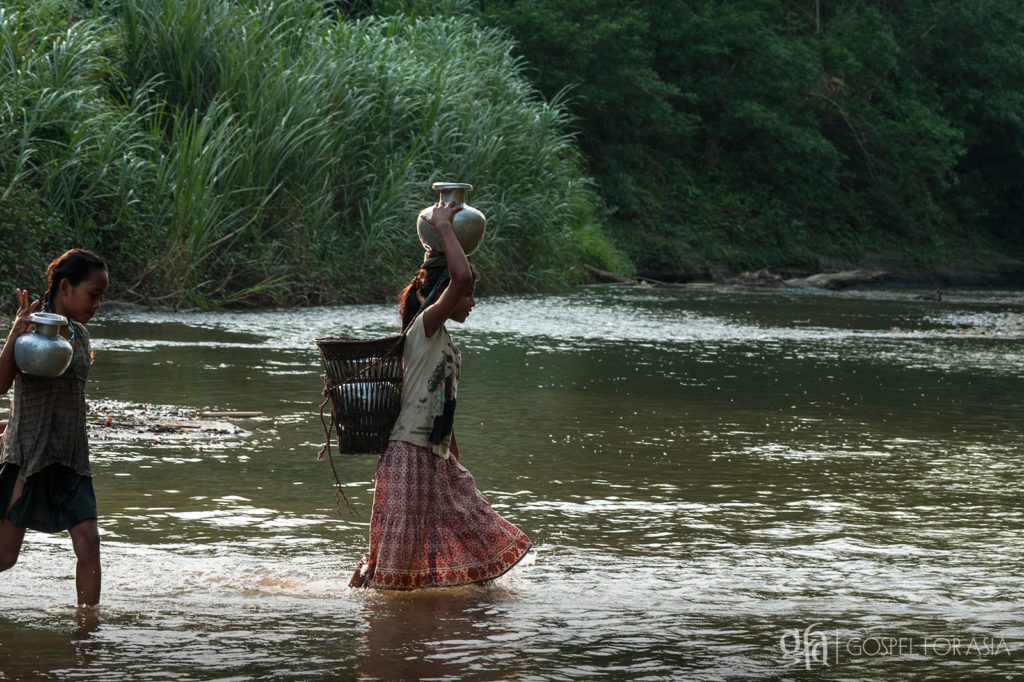STOCKHOLM – Access to clean drinking water is an existential problem that must be overcome in developing countries. It is almost always a companion of poverty and disregard for women. Safe Water Network India (SWNI) has implemented a pilot project that borders on genius. If someone who solves a problem is a hero, those who resolve multiple issues with a single solution are superheroes. SWNI may qualify as the latter.
The NGO has implemented a working solution to all three concerns in Telangana. It has the potential to provide immediate access to clean water, empower local women, and generate income for families and communities all across South Asia.
The Model
According to SWNI, “Despite billions spent on safe water solutions, roughly half fail within a few years. A quarter of the world’s population is still in need.” SWNI has developed a proven, sustainable model that was presented in a recent report to the World Water Week symposium during the last week of August.
“Small Water Enterprises: Transforming Women from Water Carriers to Water Entrepreneurs” explains the system at work based on SWNI’s business model.
- Operationally – SWNI helps to build local capacity, including teaching technical skills necessary to manage and operate a Small Water Enterprise (SWE).
- Commercially – The NGO views people as consumers, not solely as beneficiaries. Communities pay “a nominal amount to keep safe water flowing.”
- Financially – Budgets and balance sheets include reserves from revenue-generated funds.
- Environmentally – SWNI offers a collective approach that should ensure that the system will be able to supply clean water for years to come.
The Method
The successful kiosk delivery program was launched in the Medak district of Telangana by introducing Self-Help Groups (SHG) to the concept of a revenue-generating method of “providing the community with access to a safe, affordable, reliable water supply.”
Training in all aspects of the operation followed. Women who used to walk for water are now field executives, cluster coordinators, and station operators. Women are involved in all aspects of the operation, including management of resources and decision-making.
Decentralized, locally owned and operated water treatment plants follow a well-established system of Standard Operating Procedures (SOP), process documentation procedures, measurement of Key Performance Indicators (KPI), and internal quality auditing of the operations.
The Outcome
Within 14 months, SWNI had 49 Self Help Groups “actively managing” stations in the Medak operational cluster, providing safe water to 150,000 people.
Women who previously walked miles every day to round up water from unimproved water services are now enjoying income and empowerment. They and their families now have local access to clean water and the health benefits that water brings.
To read more news on the Global Water Crisis on Missions Box, go here.
Sources:
- Down to Earth, Successful project made women water entrepreneurs instead of water carriers
- The Water Project, Water in Crisis – Women in India
- Reuters, ‘Water women’ quench thirst of central India’s parched villages
- Safe Water Network: Small Water Enterprises: Transforming Women from Water Carriers to Water Entrepreneurs
Image Source:
- Gospel for Asia, Photo of the Day
For more information about this, click here.





